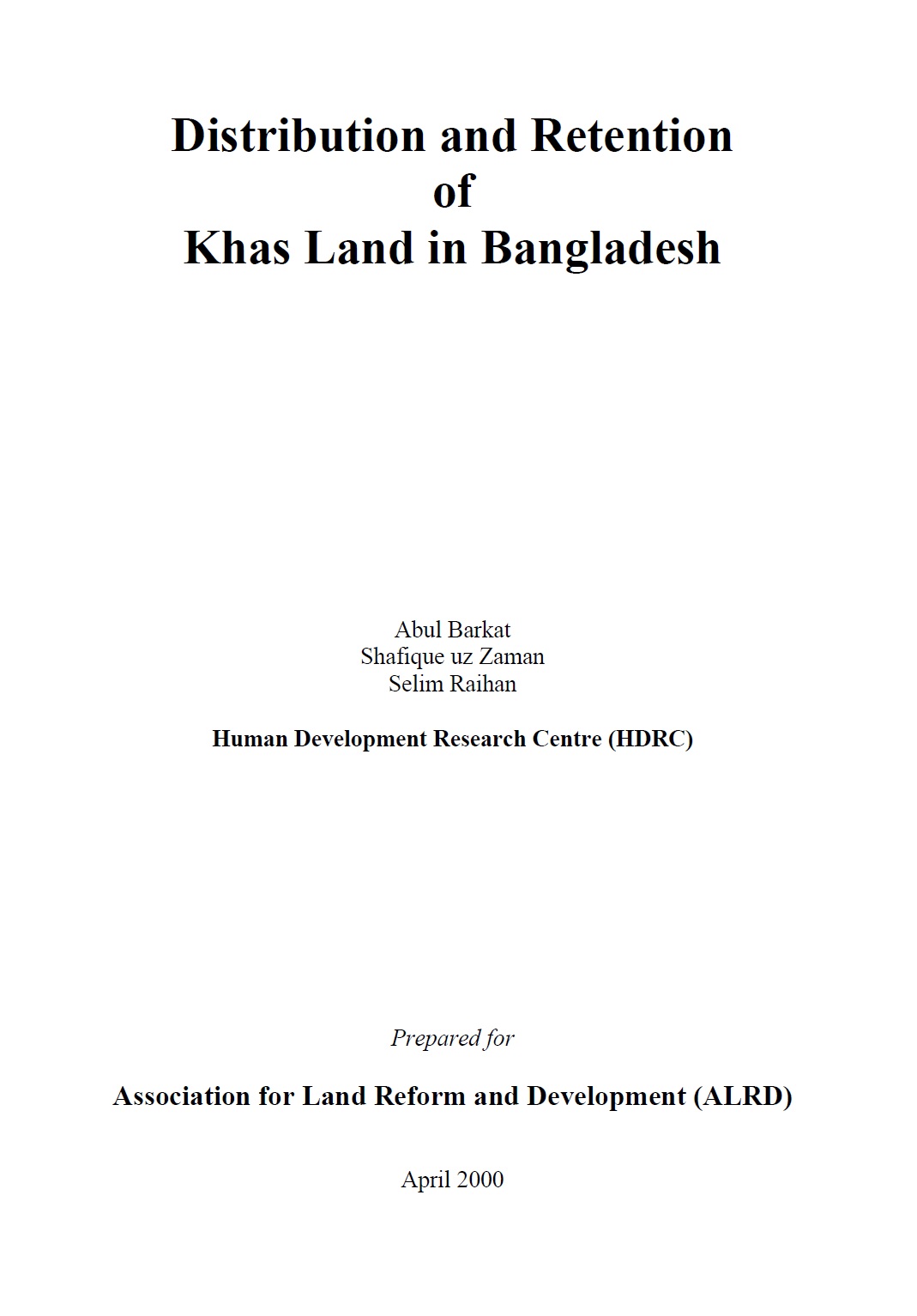Mcleod Lake Indian Band Treaty No. 8 Adhesion and Settlement Agreement Act ([SBC 2008] Chapter 8).
The present Act provides for the self-government of the Mcleod Lake Indian Band. For the purpose of the present Act “MLIB Agreement" means the McLeod Lake Indian Band Treaty No.




